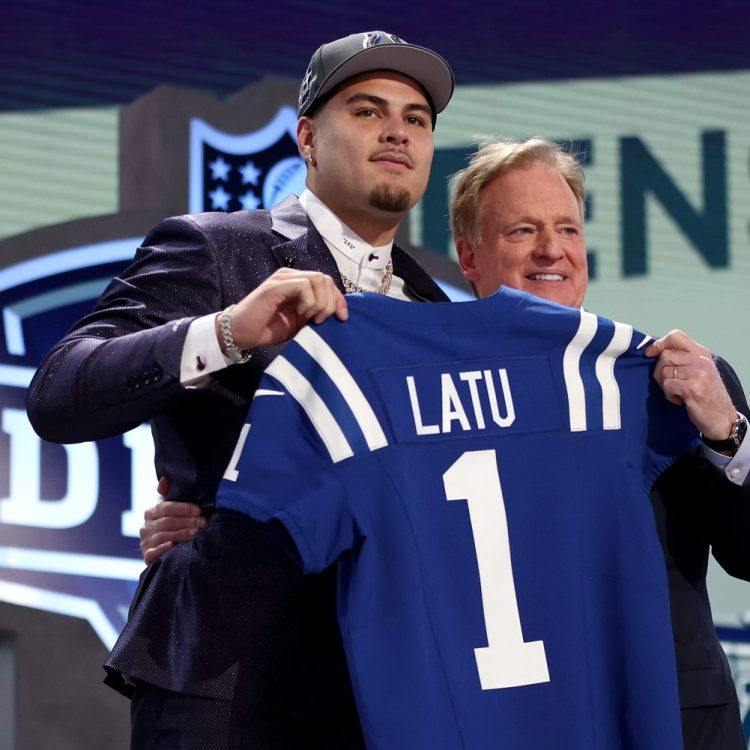The family has gathered for the holidays, and everyone is merry, but your smile is halfhearted because you know better. You know that sooner or later your relatives will be fiercely divided, as all families are this time of year, by that age-old question: Who was the greatest military general in history?
Granddad sticks with the classic: Caesar. Aunt Kathy, feeling clever: Saladin. Uncle Bill, after some lengthy, awkward qualifying preamble: Robert E. Lee. Your 7-year-old little brother Tyson, shouting from the kids’ table with some pretty solid name-based logic: Alexander the Great.
Soon battles are reenacted in mashed potato fields — gravy for rivers, rice for infantry, peas for cannons and, a bit unnecessarily, cranberry sauce for blood. Then the actual food fights start over how much the rain impacted the outcome of the Battle of Agincourt in 1415. Every. Time.
But this year could be different, because one data analyst spent way too much time actually figuring out who was the greatest general of all time, using math.
Spoiler alert: The correct answer is Napoleon.
In a post on Medium, data analyst Ethan Arsht says he conducted an experiment to rate that tactical aptitude of thousands of generals throughout history using a mathematical process based on sabermetrics, the statistics-driven baseball team optimization system popularized in the book Moneyball. When it came to baseball, the calculations were used in an attempt to scientifically determine a particular baseball player’s value to the team. Arsht turned the numbers on some of the best-known historical wartime figures.
First, a few caveats: Arsht told RealClearLife he simply scraped a Wikipedia page of chronological battles for his baseline dataset – and this data can be imperfect or inconsistent even within the Wikipedia universe. (Alexander the Great, for instance, was commander in nine battles on the list, but a page for him lists more than 20 if you count “sieges” and other variations on conflict. Genghis Khan is not included at all.) Also, the project looked battle-by-battle to determine the best tactician, not at overall strategic prowess, which is arguably more important to the eventual outcomes of campaigns. Finally, while Arsht does take in account troop levels and differentiates between the strength of units like cavalry or cannons, the calculations do not include other battlefield factors like terrain or, presumably, how crazy George Patton was.
Arsht said the experiment was not meant as a serious scholarly contribution, but a fun side project to sharpen his coding skills.
Agreed. So, with all that in mind, what did he find?
According to his weighted analysis, Napoleon was by far an outlier when compared to all the other generals. The underlying data Arsht used said Napoleon won 38 out of 43, and was often at a disadvantage, including during all of his loses. Caesar was the next best, and everyone else fell back from those two.
Alexander the Great was undefeated in the nine-battle dataset, but his victories carried less overall weight because there were relatively so few of them.
Arsht noted that many modern commanders, like Norman Schwarzkopf, seemed to lose prestige as they went through the mathematical meat grinder, possibly because turnover would’ve prevented them from overseeing as many battles as some of their historical predecessors.
Robert E. Lee, in particular, fared poorly — sorry, Uncle Bill — with the model showing he may have been a below average tactician when compared to a random average commander. (Don’t get mad at the math.)
So there you go. Napoleon. That should settle the debate, right?
This article was featured in the InsideHook newsletter. Sign up now.























